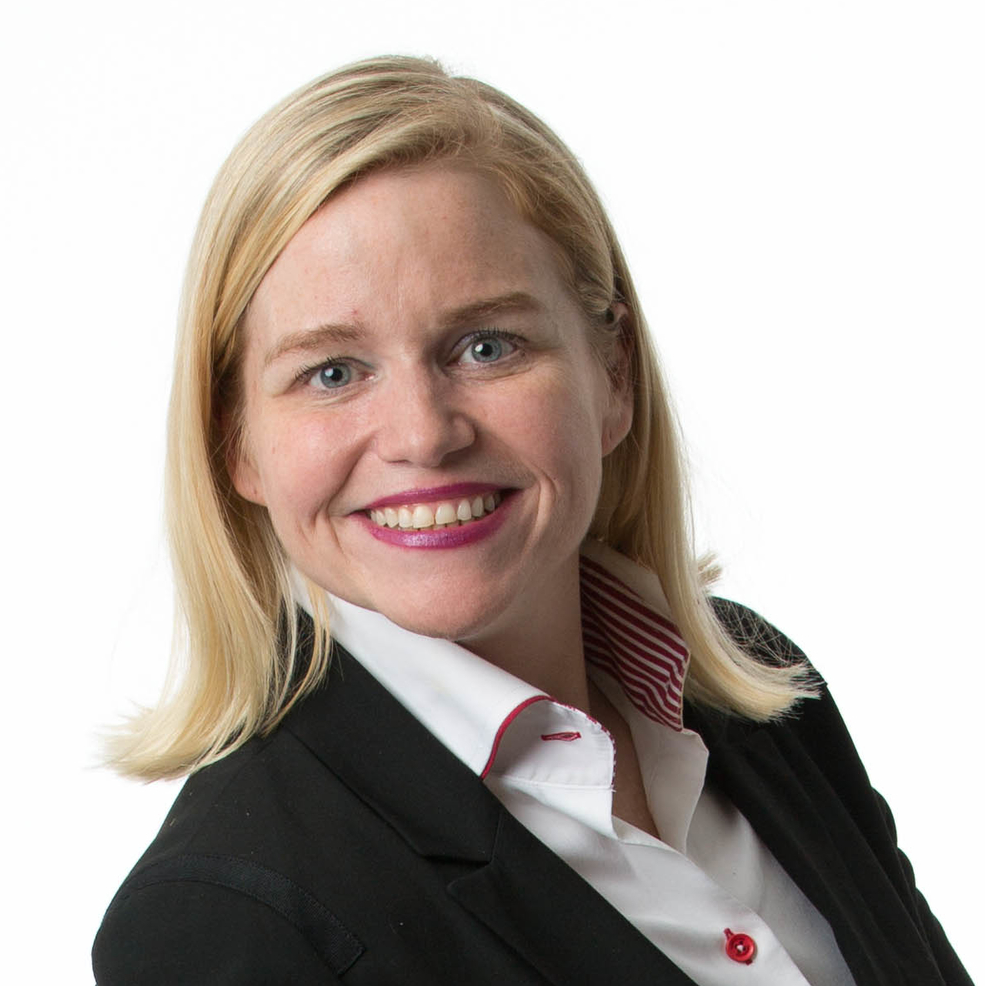LSU Alumna Works with the US Department of Energy to Develop the Workforce of the Future
September 12, 2023
If you ask LSU alumna Katie Mehnert why she wanted to work in the energy industry, she’ll tell you it was to defy her father, an engineer and LSU graduate, who told her not to become an engineer like him.
“But I always knew that getting into energy was fascinating, constantly moving and changing,” Mehnert said.

Today, Mehnert is focused on improving the industry she has spent more than 20 years working through her company, ALLY Energy, named after her daughter, Ally. Mehnert said their mission is to accelerate connections, jobs and skills to power the energy workforce of the future and to help the gulf states across the coast prepare for the energy transition.
Her efforts led her to Washington, D.C. In 2020, the Trump Administration asked she share her expertise with the Department of Energy as an energy ambassador, “to help connect the federal government with what’s happening in the private sector on workforce.” Then the Biden Administration asked her to continue in that role. Last summer, she was invited to sit on the National Petroleum Council, or NPC.
“It’s the top 200 oil and gas CEOs in America. Being able to be a representative to the NPC, which advises Secretary Granholm on petroleum matters, is important. We’re doing some really good work. We’re studying greenhouse gas emissions and natural gas and the hydrogen value chains,” Mehnert said. “Where I sit, all the industry, whether it's the clean energy or fossil fuels, and the federal government are working together. We must for the sake of Americans and our future. Everyone wants clean air and water.”
After graduating from LSU in 1997 with a degree in mass communication, Mehnert moved to Houston where she worked for Enron, followed by Shell and BP.
“I was a business analyst while at Enron which required a lot of interviewing and sitting down with two parties to truly understand processes and collecting information to make sense of what everyone was saying, so that a common person could understand it,” Mehnert said.
After Enron collapsed, she worked in health and safety, projects and operations for Shell, utilizing the skills she gained while an LSU student.
“People only really think about the oil and gas industry when we screw up and that bothered me because I know there are some great people who put their lives at risk each day to make sure you and I can get in our cars and drive to work. Or when it’s cold, we can turn the heat on or when it’s hot turn the air conditioning up,” Mehnert said.
That’s where ALLY Energy comes in: a network to leverage different perspectives and experiences to share stories and power the energy workforce of the future.
“The whole goal behind my original business, Pink Petro, which is now ALLY Energy, was to create a marketplace of talent where we communicate and socialize the energy industry and the jobs available. To give current people in the industry a place and a voice to talk about their work. And by doing that, putting a human face on an industry that's quietly powered all kinds of wonderful things in our lives,” Mehnert said.

Katie Mehnert with her daughter, Ally.
“We need more energy; however, we are harming our planet and we need to do our job and be good stewards and create and embrace new technologies,” Mehnert said. “We need engineers, we need accountants, we need all kinds of people. The beautiful thing about the energy industry is that there are all kinds of skillsets needed for the energy transition.”
Louisiana plays an important role in the energy industry around the world and that industry is a priority in LSU President William F. Tate IV’s Scholarship First Agenda. LSU is training tomorrow’s energy leaders through a variety of academic programs and courses available to both undergraduate and graduate students including petroleum engineering, energy business, natural resources and ecology management, geology and energy law. In addition, the LSU Center for River Studies has been researching energy for more than 40 years.
“There are some studies that say that Houston is going to be underwater by 2100 due to climate change. So, I think there is responsibility that we all need to hold. We need to look at ourselves in the mirror and say, what are we doing to contribute to this? And what are we doing to prepare future generations? This isn't something that we leave for the next, right? We need to be making investments in education and our infrastructure now,” Mehnert said.


